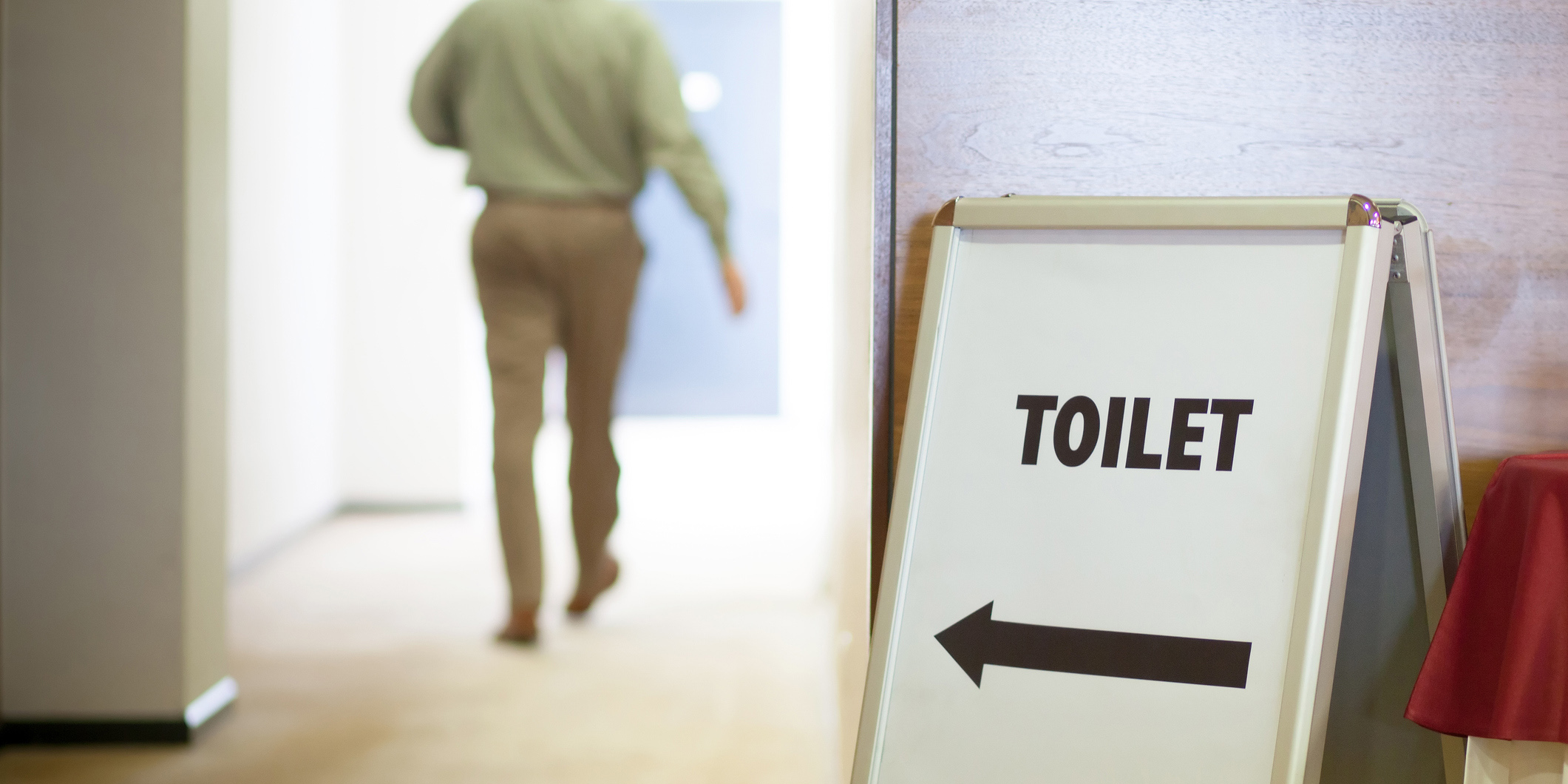Fecal incontinence is a medical problem that significantly impairs the quality of life of those affected, but often remains undiagnosed and untreated due to the sufferer’s sense of shame. It is estimated that around 500,000 to 700,000 people in Switzerland suffer from incontinence. It affects people of all age groups, but is more common in older people. In the over-50 age group, more than twice as many women as men are affected. The reasons for this often lie in past birth trauma, but also in the different anatomy.
Autoren
- Dr. med. Meenakshi Aggarwal
- Prof. Dr. med. Heiner Krammer
- Dr. med. Erdmute Entz
Publikation
- HAUSARZT PRAXIS
Related Topics
You May Also Like
- Between hope and evidence gaps
Tinnitus and phytotherapy
- Case Report
17-year-old patient with acne fulminans
- Oncology
Study updates from the ESMO Congress
- High-dose influenza vaccine
Lower hospitalization rates – even with heart failure
- From statins to metformin
Preventive pharmacology and longevity
- Important basics and studies on cancer and the psyche
Interplay between cancer and mental illness
- From symptom to diagnosis
Abdominal pain – angiosarcoma
- Pediatric epilepsy











